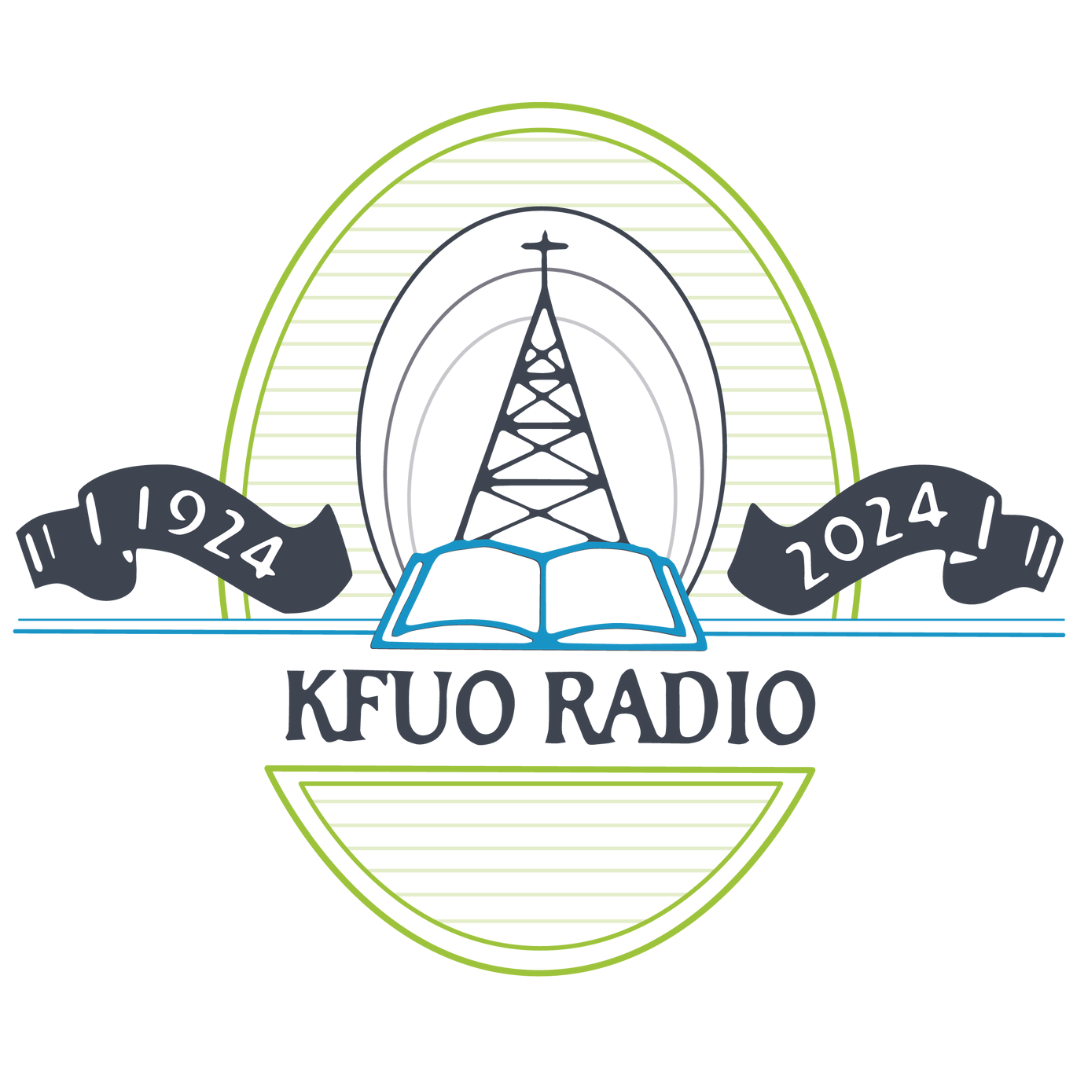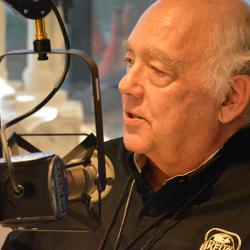In today’s News:
Tennessee’s abortion law put on hold
After issuing a temporary injunction against a Tennessee law that would ban abortion in most circumstances, U.S. District Judge William Campbell blocked on friday the law from taking effect while it is being challenged in court. Campbell cited imprecision in the bill’s language as well as the likelihood that portions of it would be found unconstitutional in court as reasons for issuing the additional injunction against it while litigation is ongoing. The Tennessee Senate passed the pro-life bill on june 19 by a 23-5 party line vote. The legislation bans abortion after the point at which a fetal heartbeat can be detected, as early as six weeks into pregnancy. The bill also has a provision would automatically enact a ban on abortion at 10 different stages of pregnancy, should the heartbeat portion of the bill be struck down in court. It also banned abortions that were sought on the basis of race, sex, or a diagnosis of down syndrome.
Coach Kennedy appeals for reinstatement
First Liberty Institute and Kirkland & Ellis filed an opening brief on behalf of football coach Joe Kennedy in his appeal to the U.S. Court of Appeals for the Ninth Circuit. In 2015, the Bremerton, Wash., school district suspended the longtime football coach for the season and then refused to rehire him because he took a knee in brief, silent, personal prayer after football games. In March, a federal district court ruled against Coach Kennedy. In January 2019, the Supreme Court of the United States declined to review the case at that time and instead allowed Coach Kennedy’s case to continue through the court system. Coach Kennedy’s case received national attention and support from political and religious leaders including President Trump and Franklin Graham, Hall of Fame Football Coach Bobby Bowden, and Former NFL players Steve Largent and Chad Hennings. In January, Trump invited Coach Kennedy to the Oval office as he announced new actions to protect religious freedom in America’s public schools.
Muslims celebrate while Orthodox Christians mourn
As the Muslim call to prayer resounded through Istanbul’s Hagia Sophia on Friday, church bells tolled in mourning in Greece, flags flew at half-staff, and during at least one protest Turkish national flags were set alight. Turkish President Erdogan’s decision to restore Muslim worship at the sixth-century landmark, viewed by many Orthodox Christians as a central symbol of their faith, has raised temperatures between the longstanding rivals, stirring nationalist sentiment on both sides. The Hagia Sophia was the epicenter of Eastern Christianity for about 900 years, before the Ottomans turned it into a mosque in the 15th century following the conquest of Constantinople. It was finally declared a museum in 1934, until this month’s court ruling and decree by Turkey’s Islamist president. On Friday, Erdogan led thousands of Muslims in prayer there, the first time Muslims had held public worship in the building in 86 years.







